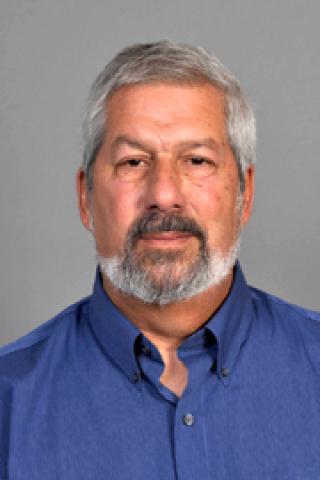
Emeritus Professor, Ph.D., University of Virginia
Michael Gerber is a Emeritus Professor in the Department of Education, where he worked from 1981-2016. There he contributed to the Special Education, Disabilities, and Risk Emphasis as well as to the Policy, Leadership, and Research Methods research focus areas. Since 1994, Professor Gerber has been the director of a Center for Advanced Studies of Individual Differences in the Institute for Social, Behavioral, and Economic Research (ISBER). He is also a founding member of UCSB’s Interdisciplinary Graduate Emphasis in Cognitive Science. In 2010-11, he was the President for the Division for Learning Disabilities in the Council for Exceptional Children.
Before his Ph.D., Gerber was an elementary school teacher in Oakland, California, where he taught 6th grade, coordinated a compensatory education program, and eventually taught students with learning and behavior problems. In 1972-73, he went to Africa to teach clinical laboratory skills to nurses and orderlies at St. Luke’s Hospital in Malawi. He was awarded my Ph.D. in special education from the University of Virginia in 1981.
Research: Professor Gerber has a continuing interest in information processing barriers to acquisition and performance of basic skills by individuals with cognitive disabilities. His research has included studies of spelling and phonemic awareness, automaticity of basic arithmetic, and written composition. He also has contributed a theory of "tolerance" to explain how schools accommodate extreme individual differences associated with disabilities and risk for school failure. Tolerance Theory posits complex economic and cognitive processes to explain how teachers make instructionally relevant decisions about students and how schools, as organizations, respond to and constrain this decision-making. Dr. Gerber and his students have most recently applied this perspective to research on Response to Instruction for English learners and developed a Core Intervention Model (CIM) for Tier 2 (supplementary) instruction that draws on various theoretical and empirical literatures (e.g., cognitive load theory, direct instruction, system of least prompts). The CIM is also taught to undergraduates who participate in tutoring of high-risk students in local schools.
From 2009-13, in collaboration with Drs. Lee Swanson and Michael Orosco at UC Riverside, and with support from the Institute of Education Sciences, his team conducted a four-year longitudinal reading risk assessment study with a sample of approximately 400 English learners, using a cohort-sequential design, beginning with samples of first, second, and third graders. The Growth in Literacy Study assessed and modeled cognitive as well reading-specific growth differences in reading-disabled and non-disabled samples of students. Also, they assessed the effects on growth of an array of classroom instructional and environmental variables.